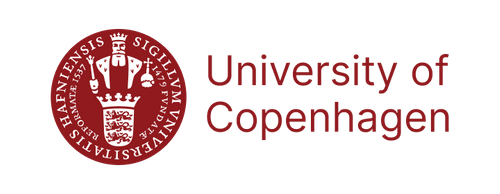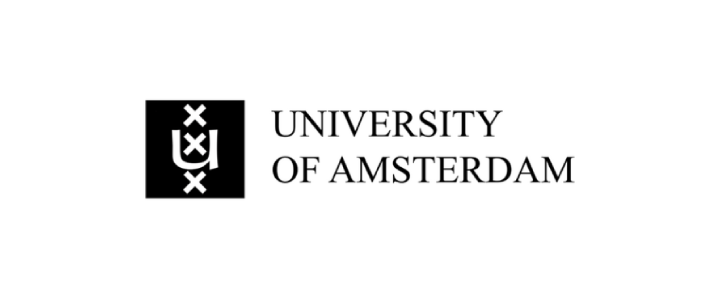Study In Europe
Europe is a continent located entirely in the Northern Hemisphere and mostly in the Eastern Hemisphere. It is bordered by the Arctic Ocean to the north, the Atlantic Ocean to the west, and the Mediterranean Sea to the south. The eastern boundary is generally considered to be the Ural Mountains and the Ural River, dividing Europe from Asia.
About the Country
Population: Around 750 million people, making it the third most populous continent.
Countries: Europe consists of 44 to 50 countries, depending on definitions.
Languages: There are more than 200 languages spoken in Europe, with major ones including English, French, German, Spanish, Italian, and Russian.
Economy: Europe has a highly developed economy. The European Union (EU), a political and economic union of 27 countries, represents a significant portion of the continent's economy.
Europe has a rich cultural heritage, with contributions to art, philosophy, literature, science, and politics throughout history.









